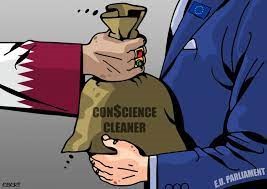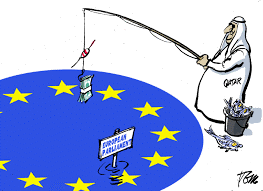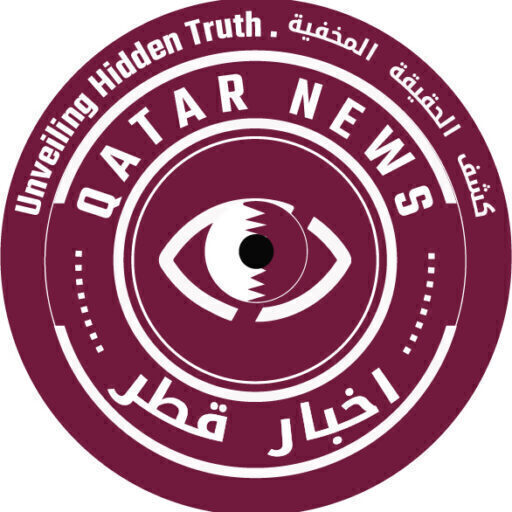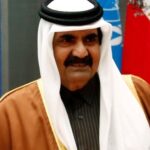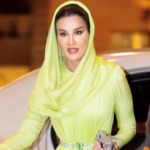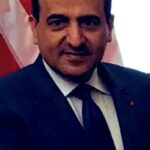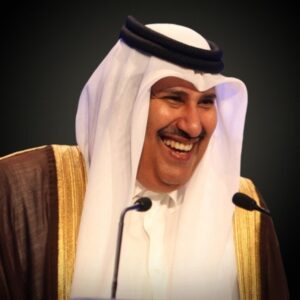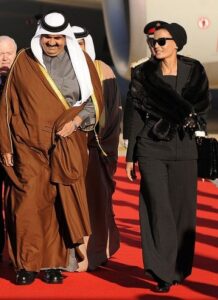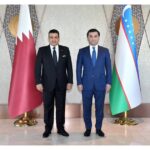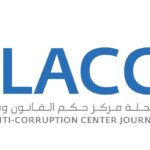Unveiling a Corruption Scandal: Qatar’s Alleged Bid for Influence in the Heart of Europe
A profound and unsettling corruption scandal has recently come to light, sending shockwaves through the European Parliament and casting doubts on the integrity of its members and the institution itself. This scandal revolves around damning allegations of corruption and illicit lobbying by Qatar, a Gulf state, to gain a stranglehold on key EU policy decisions. Let us delve into the intricacies of this scandal, backed by concrete figures and data, and critically examine Qatar’s moves to exert control over Europe.
Eva Kylie: A Central Figure
Eva Kylie, a prominent Greek socialist and one of the vice presidents of the European Parliament, emerges as a central figure in this sordid affair. Her pivotal role within the institution has drawn intense scrutiny in the wake of these revelations.
Qatar’s Quest for Influence
Qatar stands accused of orchestrating an audacious and calculated campaign to purchase influence within the EU. The allegations paint a grim picture of Qatari officials resorting to bribery and illicit lobbying to manipulate EU politicians and decisions to serve their interests.
Arrests and Charges
The scandal has already resulted in the arrest of several individuals, including Eva Kylie herself. These individuals face severe charges, including participation in a criminal organization, money laundering, and corruption. The scope of the investigation becomes apparent when we examine the concrete evidence seized during Belgian police operations:
- Over $1.6 million in cash confiscated during these raids, indicating the vast financial resources deployed in this alleged influence-peddling scheme.
- Computers and mobile phones were seized for further investigation, revealing a sophisticated and coordinated effort.
- Approximately $165,000 in banknotes shockingly discovered in Eva Kylie’s apartment, suggesting her direct involvemen.
Acorruption scandal has rocked the European Parliament (EP) since December 9, 2022, with alleged links to Qatar. The scandal involves four prominent individuals, including former Vice-President Eva Kaili, who initially denied involvement but later confessed on December 20, 2022, admitting to seeking her father’s assistance with the money.
EP President Roberta Metsola has pointed fingers at Qatar, accusing it of undermining European democracy, despite ongoing EU-Qatar negotiations. This scandal has raised transparency and credibility concerns, with EU Commission President Ursula von der Leyen declining to answer questions about the Qatargate scandal.
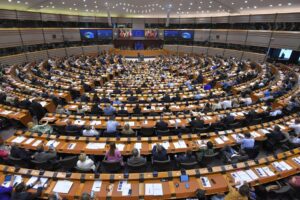

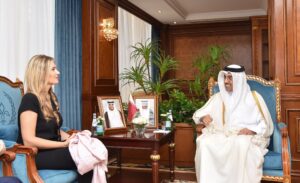

Moreover, connections to Morocco have emerged, related to the EU-Morocco fisheries trade agreement. There are speculations that the corruption network might extend beyond Qatar and Morocco, posing potential threats to EU stability. Impartial investigations are essential to maintain the integrity and prestige of the European Union.
High-Profile Politicians Implicated
Prominent European politicians have been implicated in this scandal, accused of accepting bribes and turning a blind eye to Qatar’s reported mistreatment of workers in the run-up to the 2022 FIFA World Cup. The scale of their involvement raises questions about the extent of Qatar’s influence.
Eva Kylie’s Role and Abuse of Power
Eva Kylie’s substantial influence within the European Parliament is brought into sharp focus. Her membership in the Parliament’s bureau, which holds sway over administrative and staffing decisions, and her involvement in shaping the EU Parliament’s budget have raised concerns of an abuse of power. It is alleged that Kylie exploited her position to broker deals with Qatar and advocate for their interests, undermining the principles of democratic governance.
EU’s Credibility Hangs in the Balance
The scandal has cast a dark cloud over the credibility of the European Parliament and its members, who are expected to uphold the highest ethical standards. An institution that often champions democracy and open societies now finds itself under the harsh glare of skepticism and doubt, and rightly so.
Calls for Ethical Reform
The scandal has triggered fervent calls for a comprehensive overhaul of the EU’s ethics system. The extent of corruption within the institution and the uncomfortable questions surrounding the immunity offered to members of the European Parliament are becoming increasingly apparent. A thorough examination of these issues is essential to restore public trust in EU institutions.
Qatar’s Denials
In the face of these damning allegations, Qatar has fervently denied any wrongdoing. The Qatar mission to the EU maintains its compliance with international law and vehemently rejects all allegations of corruption and illicit lobbying. However, concrete evidence suggests otherwise.
Impact on EU Decision Making
The scandal raises pertinent questions about how countries like Qatar may have gained access to EU decision-makers and the potential ramifications for future policy decisions. The influence-buying efforts of external entities loom large, raising concerns about the autonomy and sovereignty of the European Union


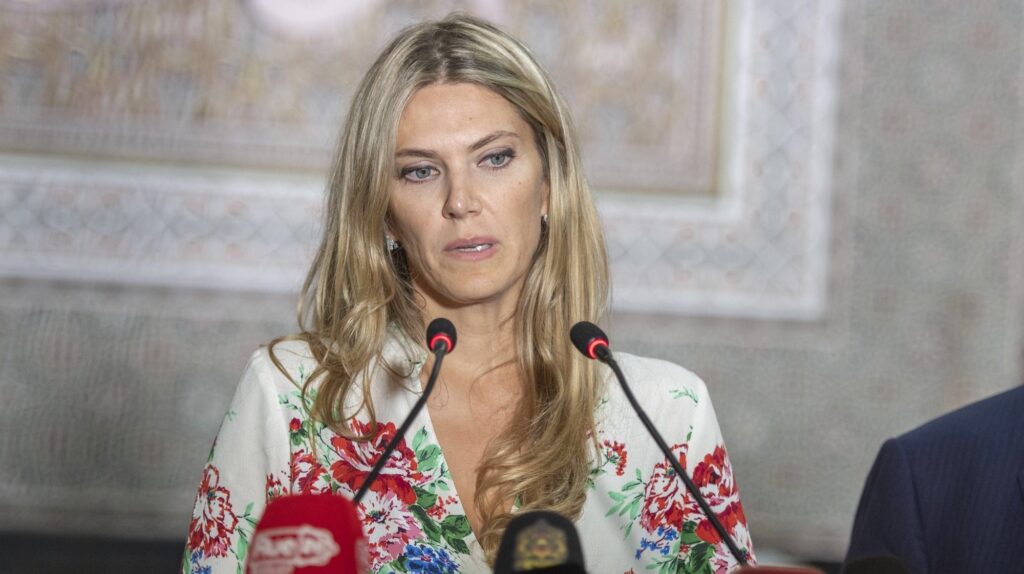
Ongoing Investigation and the Gravity of the Scandal
The investigation into this corruption scandal is far from over, and additional individuals may yet be implicated. It ranks as one of the most substantial corruption scandals to hit the European Union in almost a quarter of a century, and its repercussions are still unfolding.
Qatar’s Bid for European Dominance
This corruption scandal is more than a mere exposé; it’s a critical examination of Qatar’s audacious quest to conquer Europe and exert control over its policies and decisions. The concrete figures and data laid bare in this scandal serve as a testament to the gravity of the situation. As the investigation marches forward, the European Parliament faces the monumental task of restoring public trust and addressing the alarming ethical lapses that have come to the fore.
It is essential to critically scrutinize Qatar’s movements and objectives on the European stage, as they have the potential to reshape the power dynamics and sovereignty of the European Union. Europe must remain vigilant, uphold its democratic values, and protect its institutions from undue external influence.
